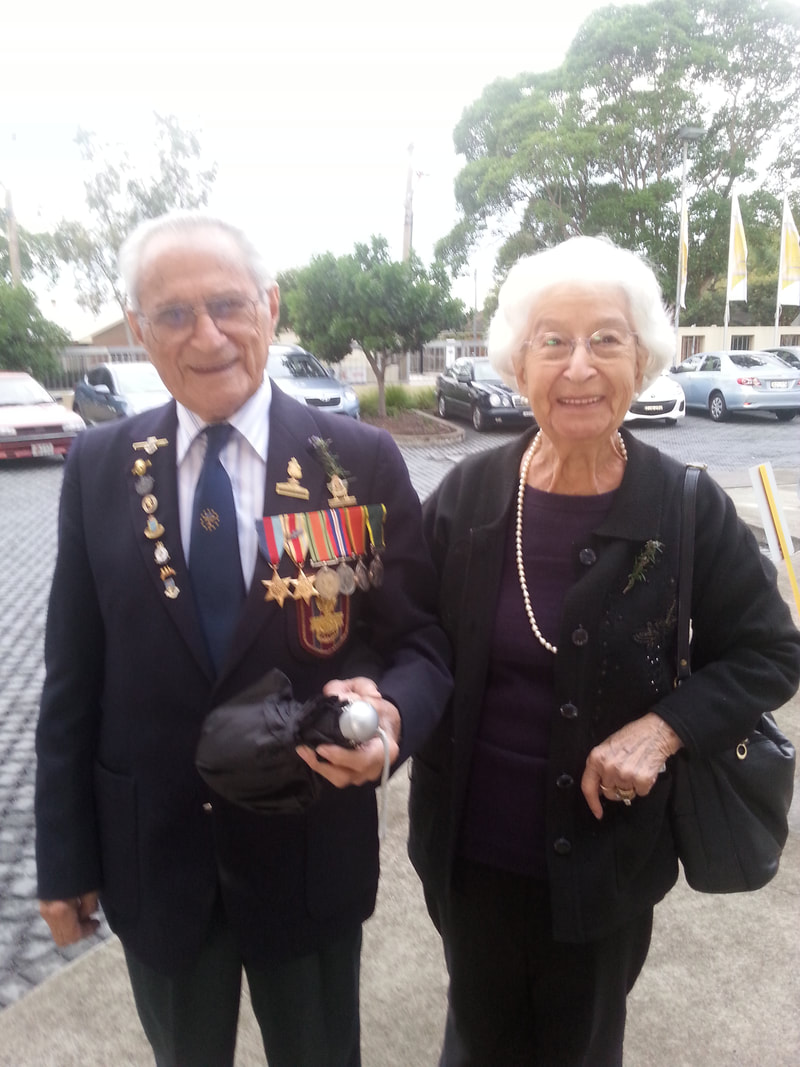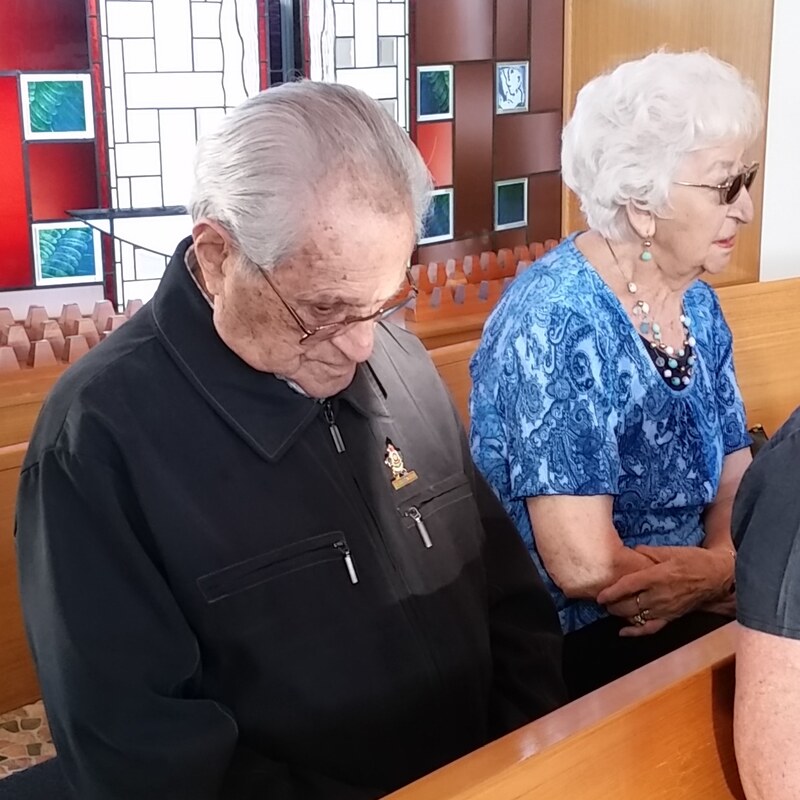It doesn’t make sense to me for two reasons,
firstly, going by foot has to be slower than going by boat
secondly, there’s this sense of surprise about Jesus seeing this big crowd, and surely a crowd that big would have been visible from the boat a long way off from the shore.
The Gospel for this coming Sunday, the 18th Sunday of Ordinary Time Year A, is one such account, this time from Matthew 14:13-21.
It is a more condensed account than some of the other accounts, and one thing struck me immediately. In this account of St Matthew, there is no preaching and teaching from Jesus. Something weird is going on.
As I plodded through the Greek to English trans-literation (thank you biblehub.com) I found a second weird thing, Matt 14:14 doesn’t actually say Jesus stepped ashore, it uses ‘exelthon’ a Greek verb that is usually translated as ‘to go out’ ‘to come out’ and in other New Testament places the same verb gets translated as ‘came out’, ‘came forth’, ‘went out’, ‘went forth’. Using ‘stepped ashore’ really isn’t a very good translation.
Later on in that same verse, it says that Jesus healed their sick. No one travelling with a sick person can go at speed. You have to go at their pace if they are limping or injured. You need more rest stops if they are in pain, and often more toilet stops and clean-up stops as well. Which also begs the question, why take your sick on such an arduous journey of many hours?
So it is time to have a look at what has been happening in this Gospel prior to Matt 14:13. We do know that the catalyst for this journey undertaken by Jesus and the Apostles was the news of St John the Baptist’s death.
After all the parables in Matt 13, Jesus had left the district and paid a visit to Nazareth, and in the first part of Matt 14 we have an account of the death of St John the Baptist. Therefore the lakeside towns had not seen Jesus for a little while.
What we do know is that the disciples of St John the Baptist got the news to Jesus, and by extension to those disciples of Jesus who had previously been disciples of John. Jesus and John were blood relatives, cousins, and several of the apostles would have looked upon John as a spiritual father. Due to these close connections, it is likely that this news got to Jesus before it got to the rest of the district, possibly by some of John’s disciples travelling in haste.
This put Jesus and those apostles into an official period of mourning, which is a week in length and known as shiva. During this time of shiva mourners are not expected to do much more than exist, but they do expect condolence visits from friends and relatives, and the visitors are expected to bring the food.
The news must have hit the apostolic company hard, and it seems like Jesus wasted no time in getting them off to a lonely spot where they could have some privacy to work through the initial waves of grief. They pack their travelling gear and they pack provisions and off they go. It seems reasonable that they park Peter’s boat and then head deep into the hills to sit shiva together.
Meanwhile, back in the lakeside towns of Galilee, the news of the death of St John the Baptist breaks. In their lifetime, a true prophet has been killed, one whom many of them had met, and all of them had heard of. It is shocking. In their bereft-ness, they want to try and make sense of this with Jesus. He’s not at home. Neither are the apostles, nor their travel gear. Peter’s boat isn’t moored in its usual place, but everyone knows what Peter’s boat looks like. It isn’t long before sailors and fishermen bring in the news of where Peter’s boat is now. The crowds aren’t stupid, they can put 2 and 2 together, and deduce that they are sitting shiva privately. But at some point shiva will end, and Jesus and the apostles will return to the boat, however there’s no guarantee that they are going to go back home.
But they will return to the boat, and the crowds can make educated guesses about when shiva will end. They could get themselves and their sick ones to that lonely place by then. And they need the reassurance that God is still in control. So travel plans are made, and off on foot they go. Plenty of them may have even camped out waiting for Jesus to reappear. Just like people get to places early to watch New Year’s Eve fireworks or Boxing Day sales. Some wish to offer condolence, some want their sick ones healed, some want reassurance.
Chances are that it took a little bit longer than expected for Jesus and the apostles to re-emerge. Likely too that the foot-travellers’ provisions were close to empty. We know that the apostles’ provisions were empty, because if they filled twelve baskets full of scraps, it stands to reason they were empty to begin with. It is another reason that the shiva concept makes sense. If they had just arrived, those baskets would have been full, not empty but for 5 loaves and 2 fish. The actual word used for these baskets is ‘kophinous’, the kind of baskets to carry kosher food that travellers used.
In this scenario, the timing makes sense, the size of the crowd makes sense, the coming forth of Jesus from seclusion makes sense, the absence of teaching and preaching makes sense, and the filling of the baskets makes sense.
This was a ministry time of presence to the people, listening to their fears, their grief and anxiety, and healing those sick ones who had made the difficult journey.
But there’s no food!
And food is definitely a part of shiva! Visitors are encouraged to bring food that is crowd pleasing and which can easily be served and shared, and to avoid food that requires work on the part of the mourners.
The 7 days of shiva might be closing for Jesus and the apostles, but it is likely that it is still within shiva for the crowd – assuming that Jesus got the news of St John the Baptist’s death at least half a day, and maybe up to 2 days before the crowd did.
God provides the food, through the miracle. Bread that is easy to serve and easy to share. What a thought! That through this miracle God the Father is sitting shiva together with His people over the death of St John the Baptist, and thereby consoling them in an extraordinary way. What a memorable wake for the prophet who heralded Jesus!
If you are in grief right now, let that truth sink in. Jesus knew how to mourn, and he fully entered into the process, it is OK to grieve, and He mourns with you, and He will provide for you.
P.S. Remember. This is according to St Matthew’s account. The accounts in the other Gospels have different contexts and different purposes.





 RSS Feed
RSS Feed